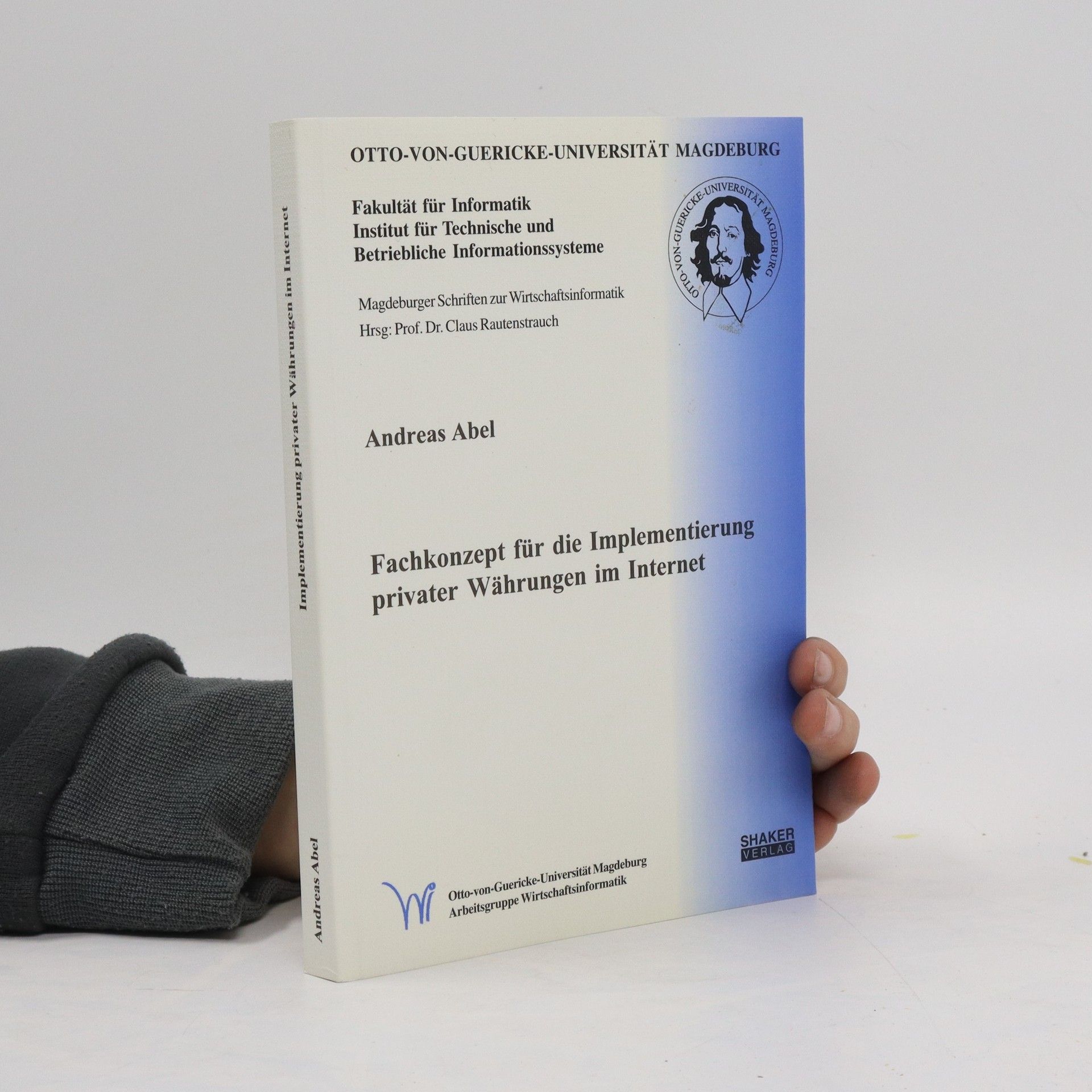We are witnessing the emergence of a new industry focused on the development, issuance, and management of private currencies. The Internet facilitates this with (1) ease of mass issuance and circulation, (2) accessible encryption technology, (3) affordable currency transfer infrastructure, and (4) real-time conversion between currencies. For the first time, individuals can create a new value standard with a global audience. However, establishing private currencies as digital money on the Internet is not straightforward. Despite the potential, private currencies have largely remained sidelined, and many commercial attempts by prominent institutions to introduce digital money have failed. This raises the question: are private currencies destined to fail on the Internet? The work explores these challenges and proposes solutions. Through a thorough analysis of the unique characteristics of the Internet's denationalized currency space and the fundamental question of "what is money," a specialized concept is developed using Unified Modeling Language (UML). It identifies the technical, conceptual, and economic conditions necessary for the successful implementation of private currencies. While the study brings us closer to the dream of personal currency production, it also reveals that such endeavors are largely impractical for individuals. The establishment of new currencies remains the domain of institutions with significant user ba
Andreas Abel Livres
